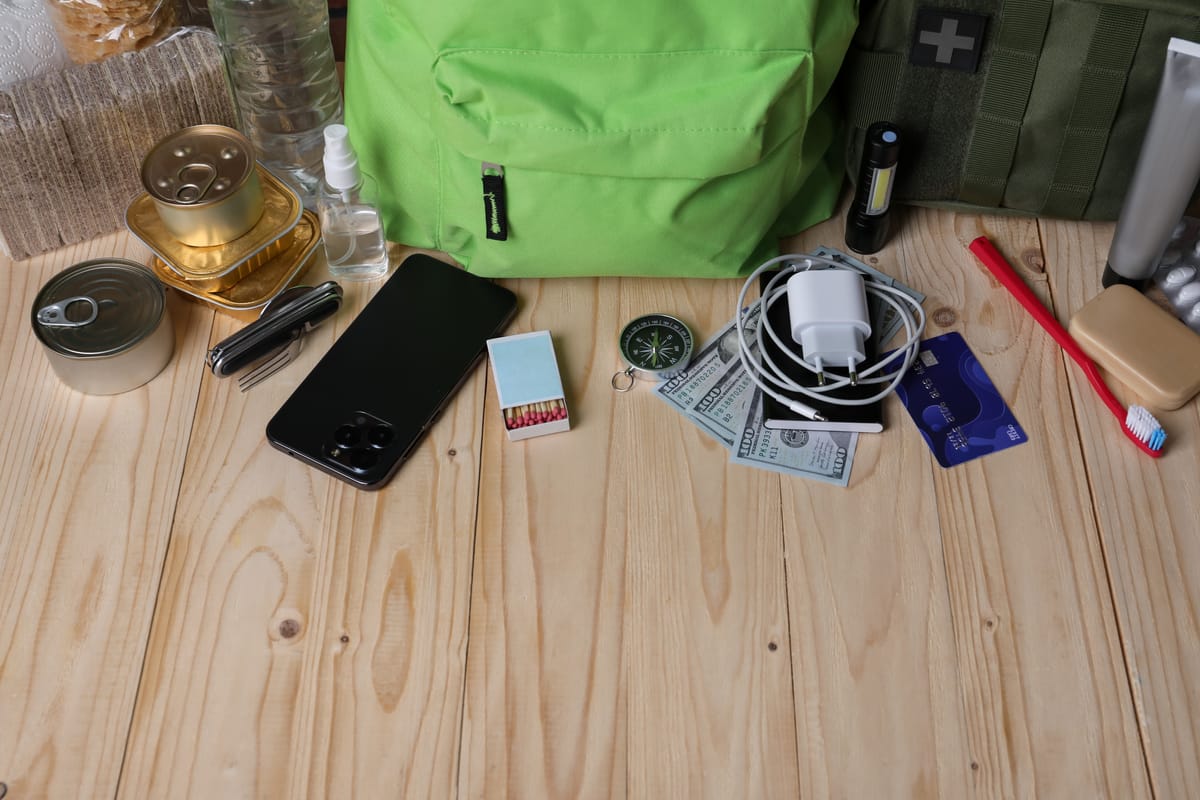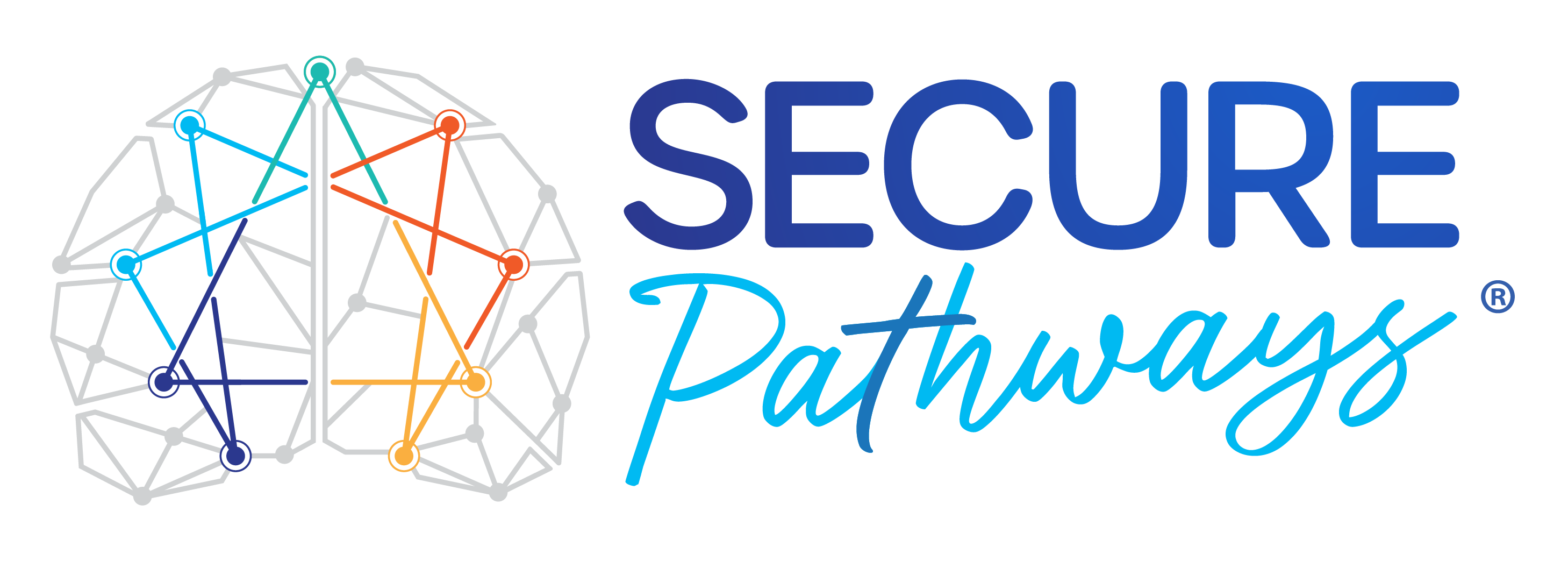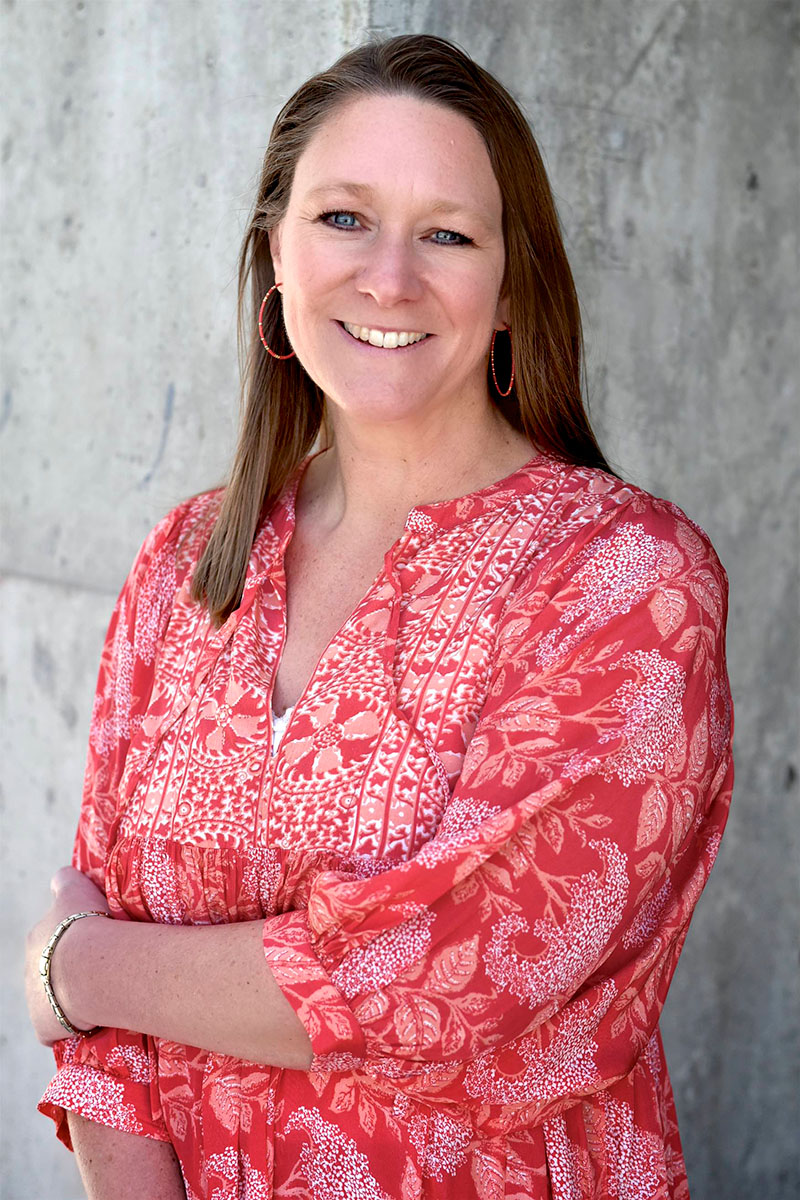Because even the holiest parents have blind spots—and God is not done with us yet.
We all bring patterns into parenting—ways we react, protect, connect, and lead. Some are wired into us through personality. Others were shaped by our story. In this series, we’re exploring how self-awareness—through tools like the Enneagram and attachment theory—can help us recognize those patterns and grow.
Because transformation doesn’t start by trying harder—it starts by seeing clearer. And thankfully, God meets us right where we are. He’s in the business of transforming hearts and homes.
In this first segment of the Parenting Patterns series, we’re looking at the Enneagram—and several different aspects of the Enneagram, such as Instincts, Centers of Intelligence, Stances, and Emotional Regulation Groups. In the next three blogs, we will be exploring how instincts shape your parenting style. Later in the series, we’ll explore how your own attachment history may also be influencing how you show up as a parent—often without you even realizing it.
What Are Instincts?
We all have an instinctive drive to survive. It’s wired into our nervous system and often operates behind the scenes. The Enneagram identifies three core survival instincts:
- Self-Preservation – Focused on safety, comfort, resources, and physical well-being
- Social – Focused on belonging and functioning within a group
- One-on-One (also called Sexual) – Focused on deep connection in individual relationships
We all have all three instincts, but one tends to dominate (we lean on it too much), and one tends to be underused. These instincts add layers to your Enneagram type and help explain why people of the same type can look so different.
We’re not going to cover all 27 subtypes (the combinations of types + instincts) in this series. Instead, we’ll zoom in on the three main instincts—starting with Self-Preservation.

The Self-Preservation Instinct in Parenting
If you’re self-preservation dominant, your attention naturally goes toward making sure your family has the basics: food, shelter, safety, and rest. You likely think ahead, prepare well, and work hard to provide comfort and security.
In parenting, this often looks like:
- Creating predictable routines and rhythms
- Preparing healthy meals and planning bedtimes
- Stocking up on supplies and staying organized
- Being responsible with money
- Offering warmth through physical care—like hugs, snacks, clean spaces, and cozy beds
There’s a quiet strength in this instinct. You likely bring calm, order, and nurture into your home. Your love is shown through protection and provision.
Where This Instinct Might Get in the Way
Like any strength, this instinct can go too far. When safety and control become the goal above all else, it can create tension. Kids may feel overly sheltered or limited in their experiences. You may avoid community activities out of concern for germs, cost, or chaos. It can also be hard to share resources, time, or space with others—because those feel like threats to the comfort you’ve worked hard to build.
You may find yourself saying things like:
- “I just don’t want them to get sick.”
- “It’s not in the budget right now.”
- “We’ll just stay home where it’s easier.”
While these decisions may come from love, they can unintentionally keep your child from growth, independence, and connection with others.
What Might God Be Inviting You Into?
God sees your good intentions—and He honors your care. But He also invites you into deeper trust.
- In Romans 8:32, we’re reminded that “He who did not spare his own Son… how will he not also graciously give us all things?” You don’t have to carry it all. God is your family’s ultimate provider.
- In Philippians 2:3–4, we’re called to “value others above yourselves, not looking to your own interests but each of you to the interests of the others.” Sometimes that means stepping out of your comfort zone to serve or connect, even when it feels risky or uncertain.
For Reflection
Here are a few questions to help you grow in awareness:
- Where do I feel most in control—and most anxious—when it comes to my child’s safety or comfort?
- Are there moments when I resist community or connection because it feels too unpredictable?
- What small step could I take this week to trust God more and release some control?
Encouragement for the Self-Pres Parent
Your instinct to protect is beautiful. You create a home where your kids can rest, recharge, and feel safe. That’s no small thing.
And as God gently nudges you, He’s not asking you to abandon that instinct—just to let Him lead it. When you loosen your grip, you make room for Him to do what only He can do: grow both you and your children in courage, connection, and grace.
👉 Want this type of content sent directly to your inbox? Add me to your newsletter here!
If you are interested in exploring how your Enneagram type is impacting your parenting, grab a free 15-minute coaching call.



